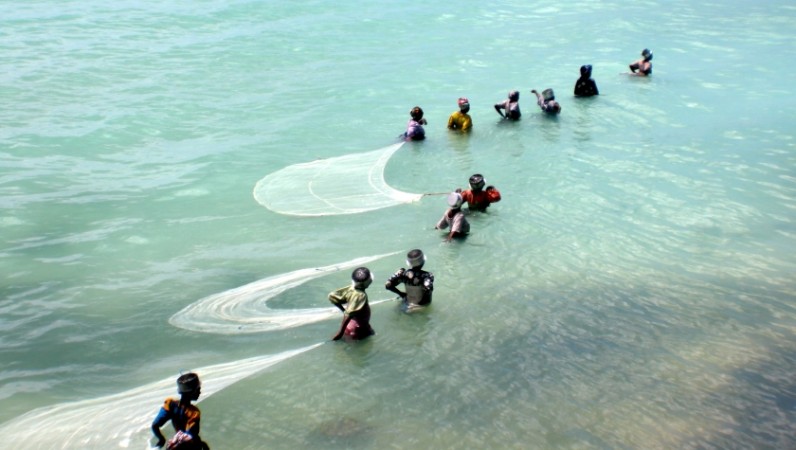
Young people, women, and children in Kenya's blue economy are facing numerous challenges that threaten their livelihoods and well-being. The blue economy, which encompasses activities such as fishing, aquaculture, and maritime transport, is a critical sector in Kenya's economy. However, the sector is also riddled with problems that disproportionately affect vulnerable populations.
According to a report by the World Bank, over 500,000 people depend on Kenya's coastal and marine resources for their livelihoods. Unfortunately, many of these individuals are young people, women, and children who are most affected by the sector's challenges. For instance, overfishing, which is a common problem in Kenya's waters, affects the catch and earnings of small-scale fishers who are mostly women and youth. This has led to poverty, food insecurity, and loss of income for these groups.
The exploitation of children in the blue economy is also a pressing issue. Child labour is prevalent in the sector, particularly in fishing and aquaculture. A study by the International Labor Organization (ILO) revealed that about 30% of children in coastal Kenya are involved in fishing-related activities. These children are often forced to work long hours in dangerous conditions and are denied access to education and other basic needs.
Gender-based violence is another challenge facing women in the blue economy. A report by the United Nations Development Programme (UNDP) revealed that sexual harassment and assault are common in the sector, particularly in fishing communities. Women in the sector are also subjected to discriminatory practices and limited access to resources, which affects their economic empowerment.
The effects of climate change on the blue economy also disproportionately affect young people, women, and children. Rising sea levels, ocean acidification, and warming temperatures are causing declines in fish stocks and coral reefs, which are essential resources for the sector. The loss of these resources threatens the livelihoods of those who depend on them, particularly women and youth.
The Kenyan government has taken steps to address some of these challenges. For instance, the government has established a policy and legal framework to promote sustainable development in the blue economy. The government has also launched initiatives to empower women and youth in the sector, such as the Youth Enterprise Development Fund and the Women Enterprise Fund.
However, more needs to be done to protect the rights and welfare of young people, women, and children in the blue economy. There is a need for increased investment in the sector, particularly in research, technology, and infrastructure, to promote sustainable practices and create more employment opportunities. Additionally, there is a need for increased awareness and advocacy to address issues such as child labour, gender-based violence, and climate change.
In conclusion, young people, women, and children in Kenya's blue economy are facing numerous challenges that threaten their livelihoods and well-being. Overfishing, child labour, gender-based violence, and climate change are some of the issues affecting vulnerable populations in the sector. The government and other stakeholders must take concerted efforts to promote sustainable development and protect the rights of those who depend on the blue economy.
Photo/Google
Story compiled by Nyokabi Wanjiku

Comment